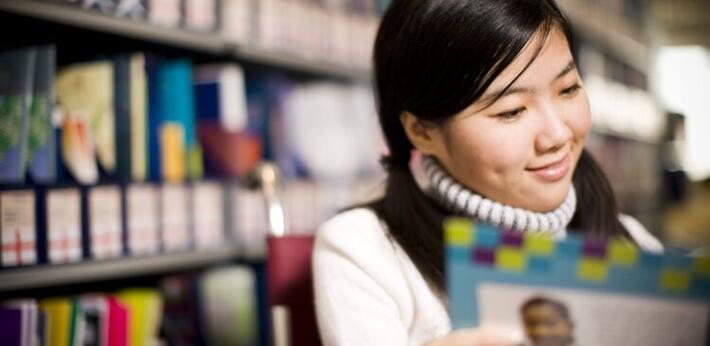You are here
Home ›16/11/2023
Thailand’s new government embarks on soft power policies
Thailand’s new government, under the leadership of Prime Minister Settha Thavisin, is placing significant emphasis on enhancing the nation’s global competitiveness and accelerating the creative economy by focusing on soft power policies.
Acknowledging the potential for Thailand to spread its influence through culture, values, and foreign policy, the National Soft Power Strategy Committee (comprising key government agencies, private sector representatives, and experts) is tasked with mobilising this transformative strategy, steering initiatives across eleven crucial soft power industries: food, gaming, festivals, music, film, literature, arts, design, sports, fashion, and tourism.
The government’s soft power policy is deeply connected with educational reforms that emphasise training, reskilling, and upskilling. One such policy, “One Family One Soft Power (OFOS)”, seeks to drive the skills transformation of 20 million Thai individuals, shaping them into highly competent and creative workers. This policy aims to create 20 million jobs and generate a minimum income of 4 trillion baht (£90 billion) annually, significantly raising household incomes in Thailand.
The convergence of soft power and education is at the core of the strategic plan, beginning with the upcoming establishment of the Thailand Creative Content Agency (THACCA), which aims to deliver a robust work plan and drive human development initiatives. In response to these initiatives, Kasetsart University is developing a specialised Bachelor of Arts Degree in Thai Studies for Soft Power Development, which will be offered by Kasetsart International College. The programme is targeted at international students, where through the curriculum and insights into Thailand, graduates are expected to be able to promote Thai influence globally. Through strategic partnerships and active contributions to curriculum development by government organisations such as the Creative Economy Agency, National Innovation Agency, and Digital Economy Promotion Agency, international students will have the opportunity to establish connections with Thai counterparts, comprehend the needs of the Thai creative economy, and effectively promote Thai influence on the global stage.
Sources: https://www.thaigov.go.th/news/contents/details/73695
https://thainews.prd.go.th/th/news/detail/TCATG231005161549134
https://theactive.net/data/soft-power-policy/
https://www.businesseventsthailand.com/th/press-media/news-press-release...
https://www.bangkokpost.com/business/general/2649414/call-for-more-soft-...
What this means for the UK sector:
As Thailand navigates the implementation of its soft power policies, there will be opportunities for the UK to collaborate with Thai counterparts in various programmes supporting the plan in alignment with UK needs. These include more mobility opportunities for British students to study in Thailand and the development of TNE partnerships specifically in priority areas that speak to UK strengths, such as creative arts, while promoting dialogue and knowledge exchange on the impact of international education and soft power.






